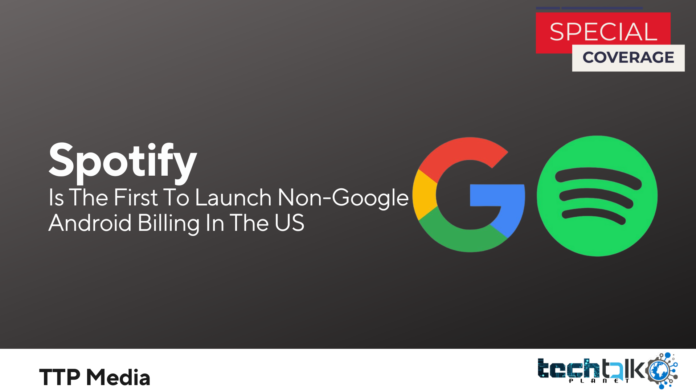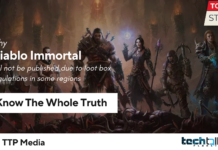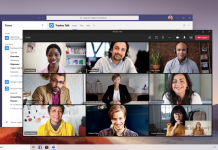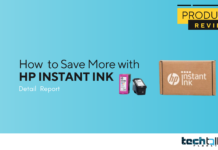
Google is gradually releasing its control over Google Play billing. The business unveiled a prototype “User Choice Billing” strategy in March, giving customers the opportunity to make purchases on Google Play using a different payment processor. Google began accepting developer sign-ups for the experimental programme in September in select nations, including the European Economic Area, Australia, India, Indonesia, and Japan. Today, Google announced that the functionality would be expanding to the US, Brazil, and South Africa.
As was said in March, Spotify, one of Google’s largest clients, is the company’s first collaborator on this initiative. Spotify has published a blog post announcing that the functionality is going live this week. For app payments, the Play Store has traditionally forced developers to only use Google Play Billing, but larger companies like Spotify and Netflix seemed to decide they were too big to be restricted for years. They were correct for years, but Google declared that starting in 2022, it will actually begin enforcing its rules—even for the largest corporations. It’s unclear whether Google was ever able to truly persuade Spotify to abide by the guidelines because at the same time as the March deadline, User Choice Billing was also announced, with Spotify serving as the first partner.
On the subscription checkout page, Spotify provides a screenshot of what its officially approved User Choice Billing would look like, featuring payment options for “Google Play” and “Spotify” next to each other. When the “Spotify” button is tapped, options to directly type a credit card or utilise PayPal appear. With this launch, Spotify claims to be “the first to trial” User Choice Billing, and according to Google, Bumble is the second app to be authorised for alternative billing after Spotify.
Multiple payment alternatives are presented incommodiously in Google’s blog post as some sort of groundbreaking experiment that has never been carried out before. Google claims it needs to “test and iterate on different solutions” of processing credit cards in order to “understand the challenges involved” in having a second payment option. Since PayPal has been available on every other checkout page on the Internet for about 20 years, perhaps some of that expertise could help Google find its way through this hazy, unexplored region. The PayPal button that Spotify is now testing will “likely evolve over time as they continue to iterate and learn,” according to Google.
It’s unclear what exactly is being accomplished here because of the constantly fluctuating parameters for alternative app store billing. Alternative payments were initially developed as a means of avoiding the app store fees that Google (and Apple) impose, which can range from 15 to 30 percent of a developer’s revenue. The mobile duopoly has disregarded the spirit of those orders and hasn’t actually changed the prices it collects, even though Google and Apple are legally required to open their payment processes in some countries. Both app store owners have merely cut their commissions for third-party payment systems by 3–4%, or roughly the price of processing a credit card. The initial objective of “saving developers money” has not been attained; instead, they just have the choice of using that 3% elsewhere.
Google claims that User Choice Billing is now operational in 35 nations following today’s launches in the US, Brazil, and South Africa. However, you’ll need to have a program-approved app, and Spotify says it’s offering the service in “certain markets.”














































